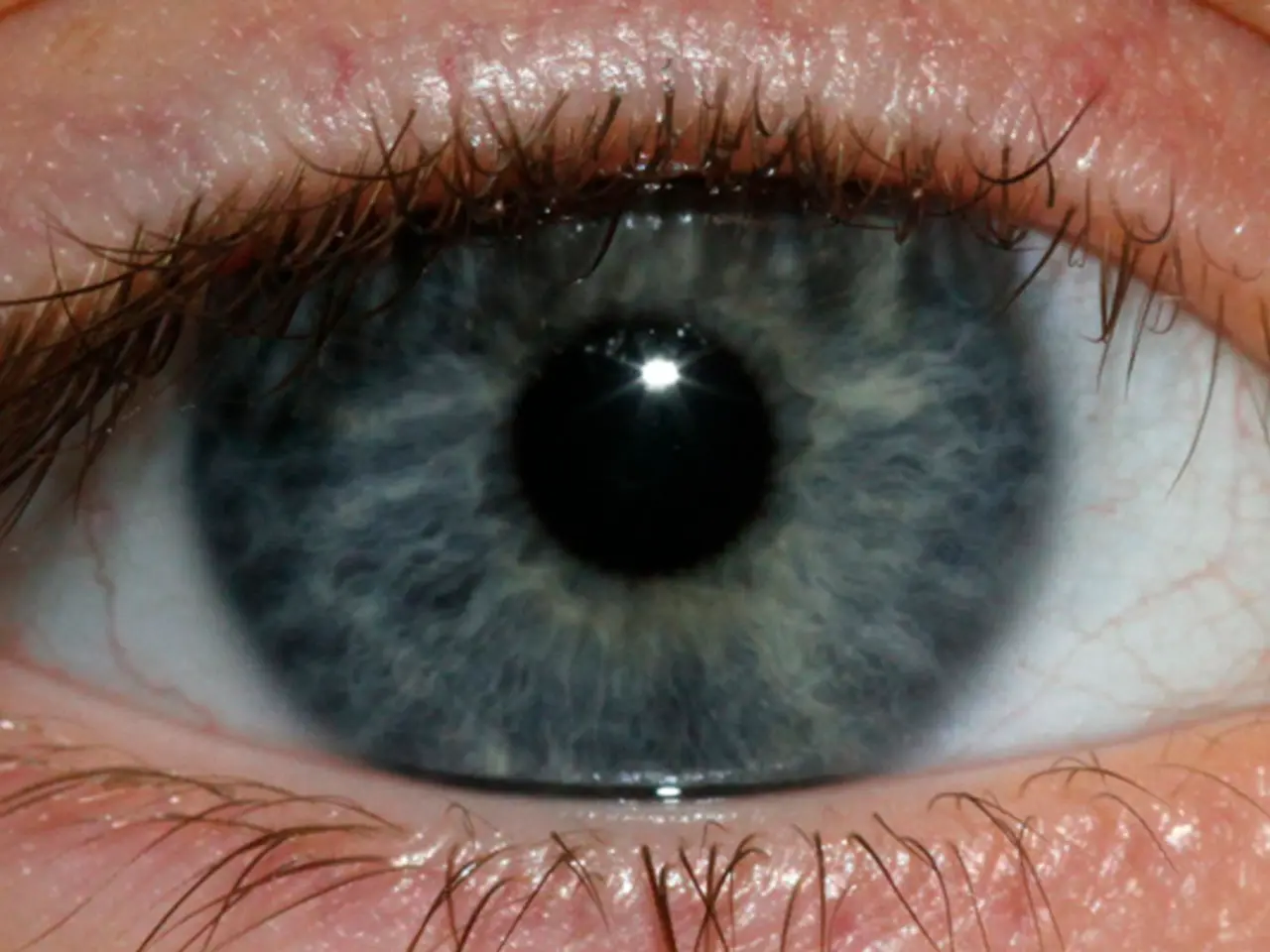Impact of Previous Knowledge on Eye Movements and Cognitive Process Sequences during Instruction with an education AI
In a recent study, researchers focused on the design of adaptive intelligent tutoring systems (ITS) that cater to individual differences in prior knowledge and self-regulated learning processes. The study, which involved 194 college students, used MetaTutor, an Intelligent Tutoring System that teaches students about the human circulatory system, as its platform.
The research found that students with high prior knowledge engaged in processes containing both cognitive strategies and metacognitive strategies, while students with low prior knowledge did not. This suggests that adaptive ITS could provide individualized scaffolding and feedback based on individual differences, such as levels of prior knowledge.
The implications of this study are far-reaching. Effective ITS should incorporate scaffolded learning approaches that carefully match the learner’s current knowledge level, providing gradually fading hints and tailored challenges rather than direct answers. This supports metacognitive reflection and helps learners actively engage with content rather than passively receiving solutions.
Moreover, since self-regulated learning involves monitoring and adjusting strategies over time, ITS must analyze sequential patterns of learner behavior to deliver personalized feedback and instructional strategies dynamically as the learner progresses. This approach enhances motivation and cognitive engagement, crucial for sustained self-regulated learning.
Advanced ITS platforms combine AI-driven components with modular pedagogical agents that facilitate structured and individualized learning workflows. This enables learners to identify weaknesses, revisit concepts, and practice with personalized exercises sequentially aligned to their evolving proficiency.
The study also found significant differences in fixations on pairs of areas of interest, as evidenced by eye-tracking data. These findings highlight the importance of understanding the spatial patterns of learner attention and their relationship with self-regulated learning processes.
In conclusion, designing ITS based on prior knowledge and self-regulated learning processes demands dynamic, multi-dimensional adaptivity, tightly aligned with pedagogical principles, learner affect, and the temporal unfolding of learning activities. This approach surpasses traditional reactive or static ITS by enabling more effective, personalized, and emotionally supportive educational experiences.
References:
1. Integration of emotional and cognitive adaptivity enhances learning and engagement. 2. Scaffolded, stepwise hints align with learners’ prior knowledge and support metacognition. 3. Advanced ITS platforms leverage multi-agent AI to provide personalized, sequenced learning paths. 4. Real-time feedback and motivational support improve STEM learning outcomes and equity. 5. The study aimed to investigate the impact of prior knowledge on college students' fixations on self-regulated learning-related areas of interest using eye-tracking and log-file data. 6. The study found significant differences in fixations on pairs of areas of interest, as evidenced by eye-tracking data. 7. The study did not find any significant differences in fixations on single areas of interest by the prior knowledge group students were assigned to. 8. The study also found significant differences in sequential patterns of cognitive and metacognitive self-regulated learning processes by students' prior knowledge group, as evidenced from log-file data.
- The integration of eye tracking in advanced Intelligent Tutoring Systems (ITS) could provide valuable insights into the spatial patterns of learner attention, helping to design systems that cater to individual differences in self-regulated learning processes, thus supporting mental health and wellness in education-and-self-development and health-and-wellness contexts.
- With the ability to dynamically adapt to a learner's current knowledge level, ITS could deliver personalized feedback and instructional strategies, which would further foster metacognitive reflection, cognitive strategies, and active learning engagement in science, health-and-wellness, and health education.
- As the field of science evolves, it is crucial for ITS to incorporate cutting-edge technologies like AI and eye-tracking to not only increase the efficacy of intelligent tutoring but also support lifelong learning, maintenance, and transfer of knowledge for sustained mental health and personal development.




